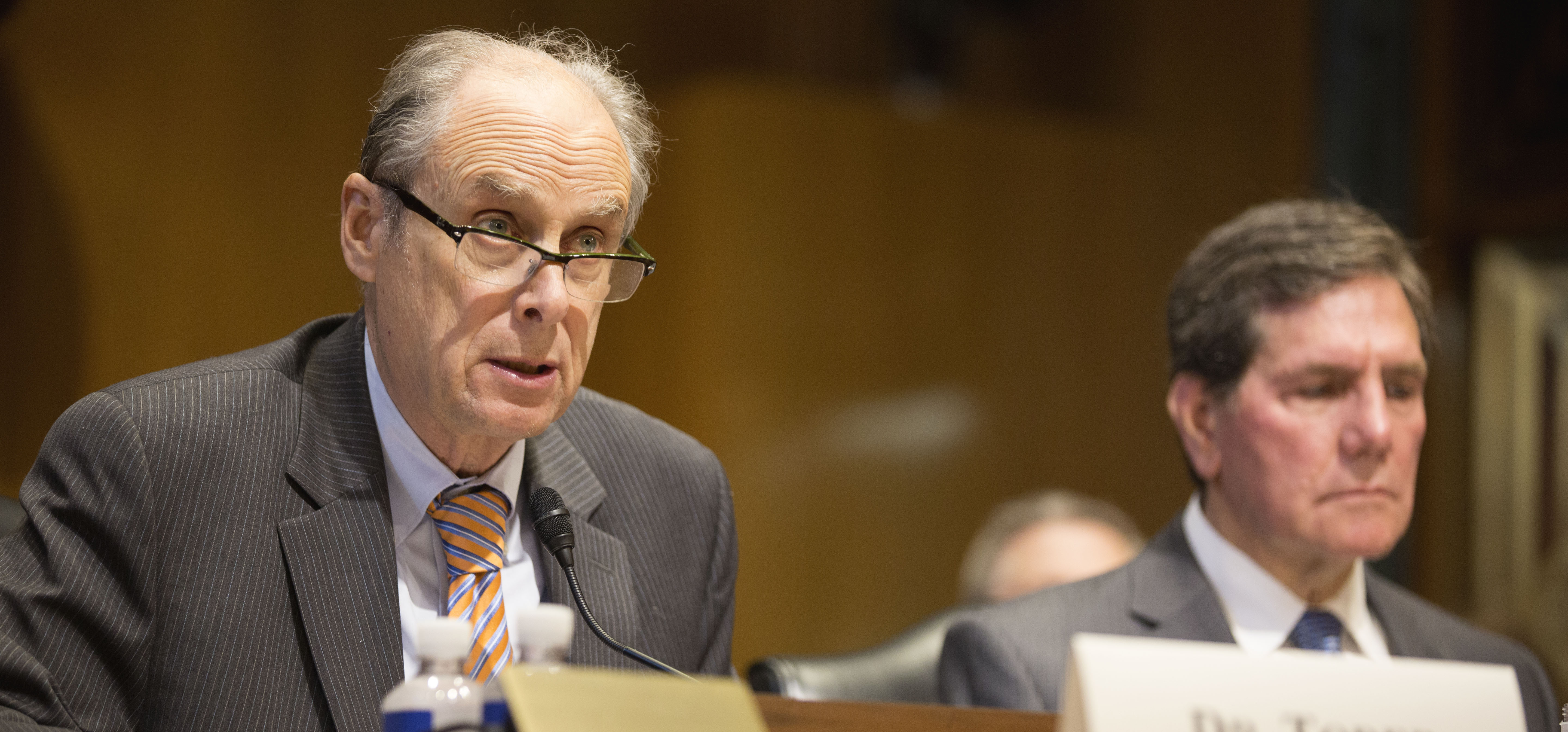
A version of this post was originally published on TaxVox.
Just about everyone wants to redesign the corporate tax, but there is little agreement among lawmakers or policy analysts on how to pay for such a reform. At a Senate Finance Committee hearing today, Tax Policy Center (TPC) codirector Eric Toder urged lawmakers to think beyond the traditional cut-the-rates, broaden-the-base solution.
The problem is clear: US corporate tax rates are too high, and the current US system of imposing those high tax rates on foreign income of US-based multinationals but deferring that tax until firms reinvest those profits at home or distribute them to shareholders isn’t working. However, lowering those rates could add hundreds of billions of dollars to the federal debt over a decade (cutting the 35 percent rate to 25 percent would cost more than $1 trillion).
Eric warned that eliminating tax preferences to pay for lower rates has two big disadvantages: it is unlikely to generate enough revenue to reduce rates very much, and ditching many of the preferences Congress would have to eliminate would discourage domestic investment.
As a result, Eric urged Congress to finance rate cuts by shifting the taxation of corporate profits directly to shareholders or by turning to new sources of revenue, such as a broad-based consumption tax or a carbon tax.
Eric told the committee that taxing shareholders rather than corporations would fit well in an open worldwide economy where goods and capital move easily across borders. He argued that it makes much more sense to base taxes on the location of shareholders rather than the tax residence of multinational firms or the source of their profits—a design that has led to widespread gaming of worldwide taxes by multinationals.
A shareholder-level tax would apply to the worldwide income of the corporation. Neither the firm’s tax residency nor the location of its profits would matter.
There are many ways to shift taxation to shareholders. Finance Committee chairman Orrin Hatch (R-UT), is considering one that would integrate personal and corporate income taxes so that corporate dividends are taxed only once. Republican presidents have toyed with this idea since at least the 1980s, but it has never gotten traction.
An alternative would cut the corporate rate and raise taxes on dividends and realized capital gains—a model many countries have already adopted. In recent years, the United States has boosted its rate on investment income to 23.8 percent, making it tough to squeeze much more revenue from those taxes to finance corporate tax cuts.
A third choice would be to lower corporate tax rates by taxing accrued income of shareholders. In such a system, investors would annually mark-to-market the value of their shares and pay tax on any increase, whether they realize their capital gains or not. Eric and Alan Viard of the American Enterprise Institute have been developing such a design, first proposing a version in 2014. A forthcoming refinement will likely include a 15 percent corporate rate, a withholding tax on investors such as pensions or nonprofit investors that normally pay no tax, and a credit to offset the corporate tax paid by taxable shareholders.
What about a new consumption tax? TPC’s Jim Nunns and Joe Rosenberg estimated that one version, first proposed by Columbia law professor Mike Graetz, could finance a tax system built on a 15 percent corporate rate and a 31 percent top individual rate with a 12.9 percent value-added tax. That model would protect low- and moderate-income households from the regressive impact of a value-added tax by exempting the first $50,000 of income ($100,000 for couples) from tax, and providing new tax credits to partially offset payroll taxes.
Similarly, Eric and TPC’s Donald Marron estimated that a $20 tax per ton of carbon, increasing at 5.6 percent a year, would generate enough revenue to cut the corporate rate to 25 percent. Adding rebates or credits to make the tax less regressive would buy a smaller reduction in the corporate tax.
Eric presented lots of different ideas for financing corporate rate cuts. Like all taxes, each has advantages and disadvantages. But his main message—that Congress needs to find more creative ways to pay for rate cuts than simply eliminating corporate tax preferences—is worth keeping in mind when the business tax reform debate gets serious.
Tune in and subscribe today.
The Urban Institute podcast, Evidence in Action, inspires changemakers to lead with evidence and act with equity. Cohosted by Urban President Sarah Rosen Wartell and Executive Vice President Kimberlyn Leary, every episode features in-depth discussions with experts and leaders on topics ranging from how to advance equity, to designing innovative solutions that achieve community impact, to what it means to practice evidence-based leadership.